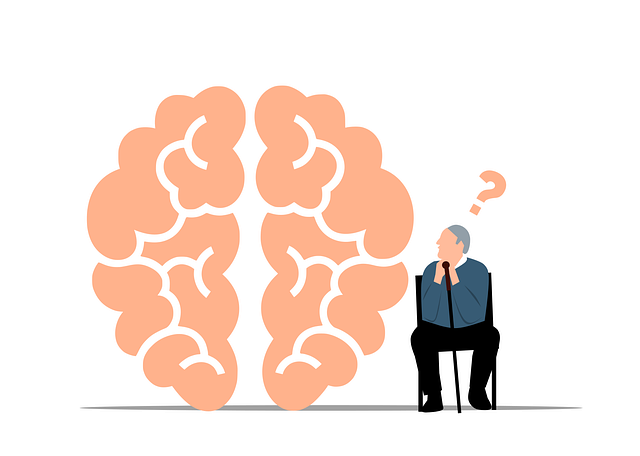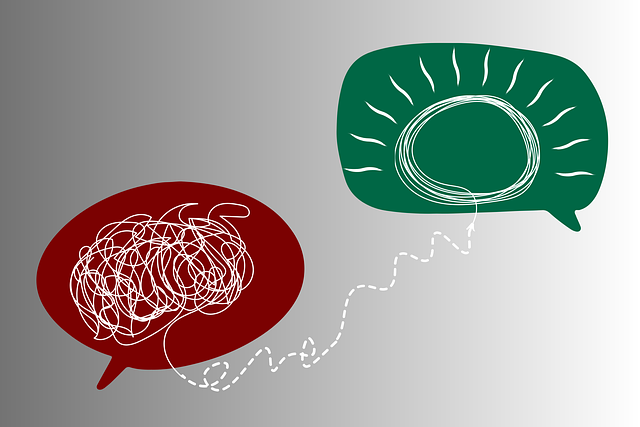Denver Adolescent and Teen Therapy emphasizes Emotional Intelligence (EI) as a cornerstone of teen well-being, offering specialized programs like Social Skills Training and evidence-based practices. Through individual therapy, the Mental Wellness Podcast Series, and holistic approaches, they empower teens to manage and express emotions effectively. Techniques such as Mind Over Matter Principles and Risk Management Planning foster emotional regulation, resilience, and long-term mental health. Structured activities enhance social skills and build confidence, contributing to a balanced emotional state as they transition into adulthood.
Emotional intelligence (EI) is a crucial component of adolescent development, as highlighted by experts at Denver Adolescent and Teen Therapy. Understanding EI involves recognizing and managing one’s own emotions, as well as comprehending and empathizing with others’ feelings. This article explores the foundation of EI, provides practical strategies for enhancing it in teens, and delves into its profound impact on their mental health and overall well-being. Discover how Denver Adolescent and Teen Therapy fosters emotional intelligence to support young minds.
- Understanding Emotional Intelligence: The Foundation of Denver Adolescent and Teen Therapy
- Strategies for Enhancing Emotional Intelligence in Teens
- The Impact of Emotional Intelligence on Adolescent Mental Health and Well-being
Understanding Emotional Intelligence: The Foundation of Denver Adolescent and Teen Therapy

Emotional intelligence (EI) is a key aspect of overall well-being and development, especially for adolescents and teens navigating complex emotions and social interactions. At Denver Adolescent and Teen Therapy, we recognize that understanding EI is the foundation upon which we build our therapeutic approach. Through specialized programs and individualized therapy sessions, our team guides young individuals to recognize, manage, and express their emotions effectively.
Our expertise in Denver Adolescent and Teen Therapy extends beyond traditional talk therapy. We offer innovative solutions such as Social Skills Training, designed to enhance communication and relationship-building abilities. Additionally, our Mental Wellness Podcast Series Production provides accessible resources for stress reduction methods, promoting self-care and emotional resilience. By combining evidence-based practices with a holistic view of mental wellness, Denver Adolescent and Teen Therapy empowers teens to develop strong emotional intelligence, fostering better mental health outcomes.
Strategies for Enhancing Emotional Intelligence in Teens

Teens are at a crucial stage of emotional development, making it an opportune time to foster and enhance their emotional intelligence (EI). Denver Adolescent and Teen Therapy offers several strategies to navigate this journey. Encouraging open dialogue about emotions is vital; creating safe spaces for teens to express themselves without judgment fosters trust and encourages self-awareness. Mind Over Matter Principles can be introduced, teaching teens to recognize and manage their feelings effectively. This involves helping them identify emotional triggers and providing tools to respond rather than react impulsively.
Risk Management Planning for Mental Health Professionals is not just relevant for adults; it can also guide teen therapy. Helping adolescents develop resilience and coping mechanisms prevents burnout and promotes better mental health in the long term. Through structured activities, teens can learn to regulate emotions, build self-confidence, and enhance their social skills, all of which contribute to a more balanced emotional state. These strategies, tailored to the unique needs of teens, ensure they have the tools to navigate their emotions healthily as they transition into adulthood.
The Impact of Emotional Intelligence on Adolescent Mental Health and Well-being

Emotional intelligence plays a pivotal role in shaping the mental health and overall well-being of adolescents. Denver Adolescent and Teen Therapy professionals highlight that teens with high emotional intelligence (EI) are better equipped to navigate life’s challenges, manage stress, and maintain positive relationships. They can recognize and understand their emotions as well as those of others, fostering empathy and effective communication. This ability significantly contributes to improved self-esteem, reduced anxiety, and enhanced resilience in the face of adversity.
Developing emotional regulation skills, coping strategies, and self-care practices are essential components of building EI during adolescence. By learning to manage intense emotions, teens can prevent impulsive behaviors and cultivate a healthier mindset. These skills enable them to adapt to life transitions, resolve conflicts constructively, and build strong social connections, all of which contribute to their long-term mental health and overall well-being.
Emotional intelligence, as demonstrated through the lens of Denver Adolescent and Teen Therapy, is a crucial component of overall mental health and well-being during adolescence. By understanding and cultivating emotional intelligence, teens can better navigate the complexities of their emotions, fostering healthier relationships and improved coping strategies. The strategies outlined in this article provide a practical framework for parents, educators, and therapists to support teens in enhancing their emotional intelligence, ultimately contributing to their resilience and success in all aspects of life.














